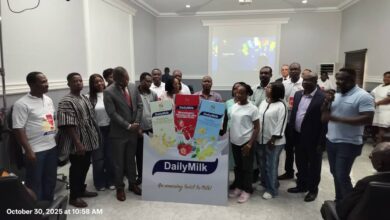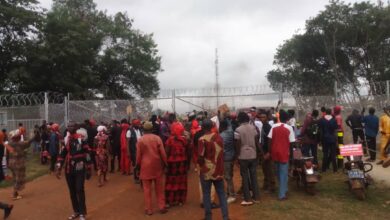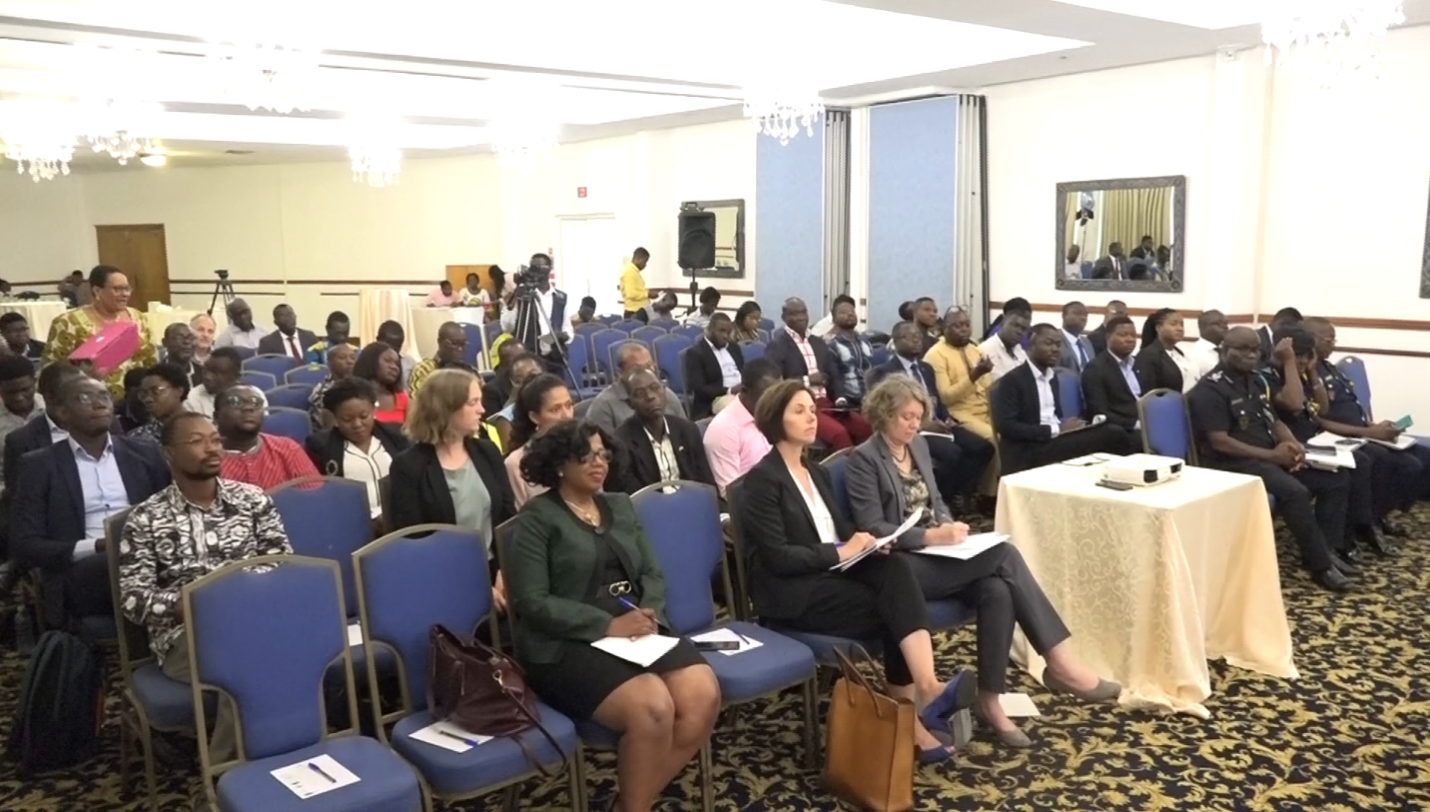African Trade Ministries Urged To Provide Adequate Information On AfCTFA
The Executive Director of the AfCTFA Policy Network, Louis Yaw Afful, has called on various Ministries of Trade and trade establishments of party states of AfCTFA to publish their tariff offers, which are the list of products that each country says it is ready to liberalize under the 90% tariff liberalization.
He believes, this will make businesses abreast with products that fall within the 10% exclusive or sensitive categories and will attract duties when exported.
“Local businesses should know what product have been liberalized so that when products are coming from other countries they can be able to identify the products which are under the exclusives and therefore know whether they will be allowed into the country.”
Speaking on Eye on Port, the Executive Director of the APN revealed that trading has commenced in the much touted African continental free trade area with the rules of origin, which is the criteria needed to determine the nationality of a product being 82% complete.
He added that the 82% completion of the rules of origin will be used initially until the rest have been fully negotiated and ready.
Louis Yaw Afful said customs officials in member countries have been adequately trained to ensure they are able distinguish AfCTFA products from those that are not.
“Custom officials have been fully trained among party state to be able to differentiate what an AfCFTA product is and what is not an AfCFTA product which is very important,” he said.
He explained that most of the African countries presented their tariff schedule as a regional block, that is SADC, COMESA, ECCAS, AMU among others in terms of presenting their schedule of tariff offer.
The Head of AfCFTA Policy Network added that the AfCFTA agreement allows progressive elimination of tariffs and economic strength of the African states has been categorized. Thus nations with least resilience to economic shocks will have 10 years to liberalize their tariffs completely to zero while those with relatively stronger resilience like South Africa, Morocco, Egypt, Ghana et al will have 5 years to do so.
However, the nations with extreme low level of economic might will be supported by Afrexim Bank for two years.
“All countries don’t have the same GDP in terms of economics size so some of the countries are going to get serious shock when they are not receiving any revenue from export. Those countries will be liberalized for the next 10 years, then the group of six which is the developed African economy like Ghana, Nigeria and South Africa will be liberalized for the 5years period. However, the last group which are the least developed, the Afrexim bank will help them,” he said.
He, however, held the popular view that in spite of the official ceremonial commencement of trading, practically trading may not be significantly different from the norm.
“For the next four months practically you wouldn’t see much change, however, we have to let people know that trading has commenced and its 82% ready and it going to be used until the rest have been fully negotiated”.



